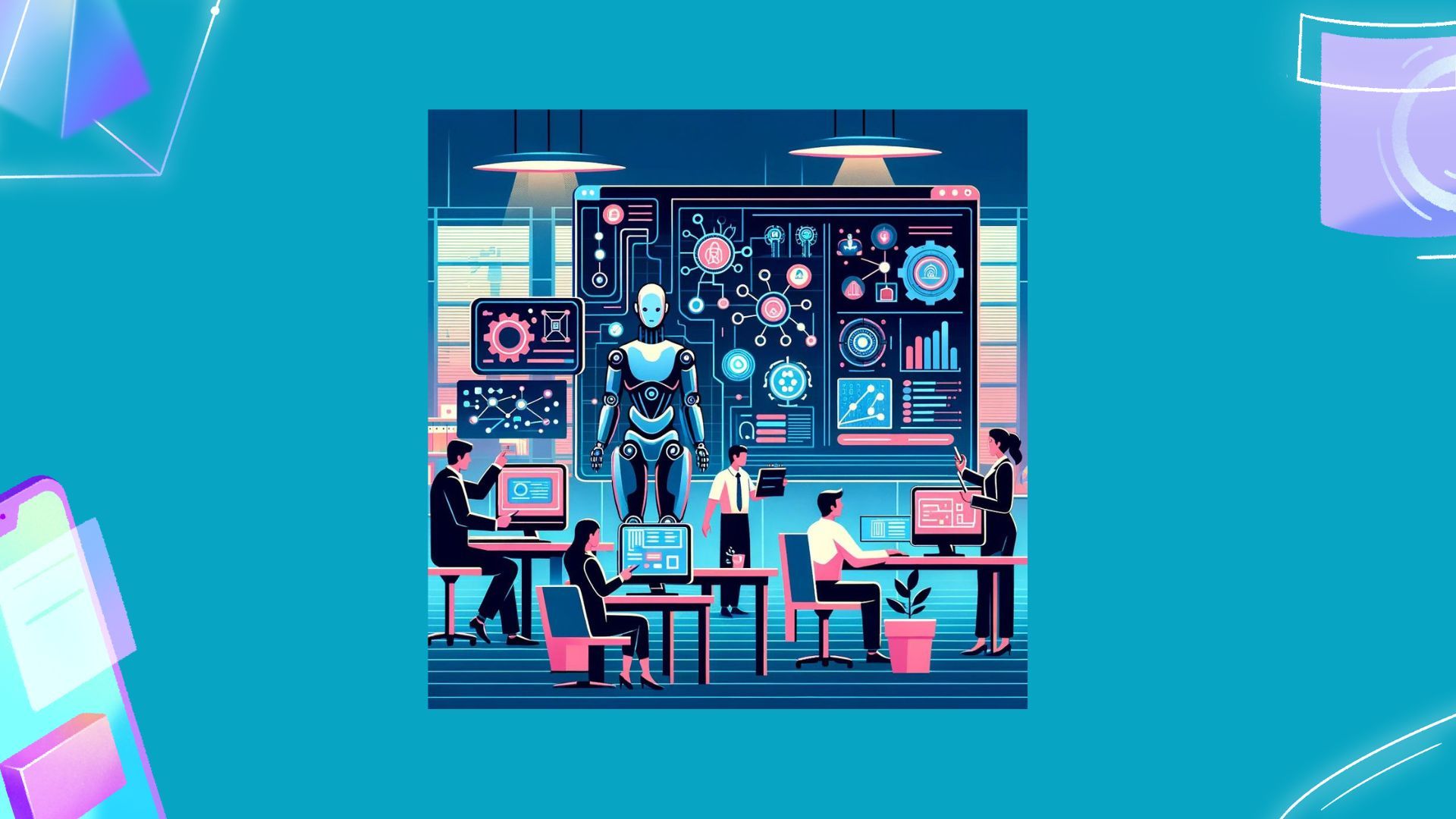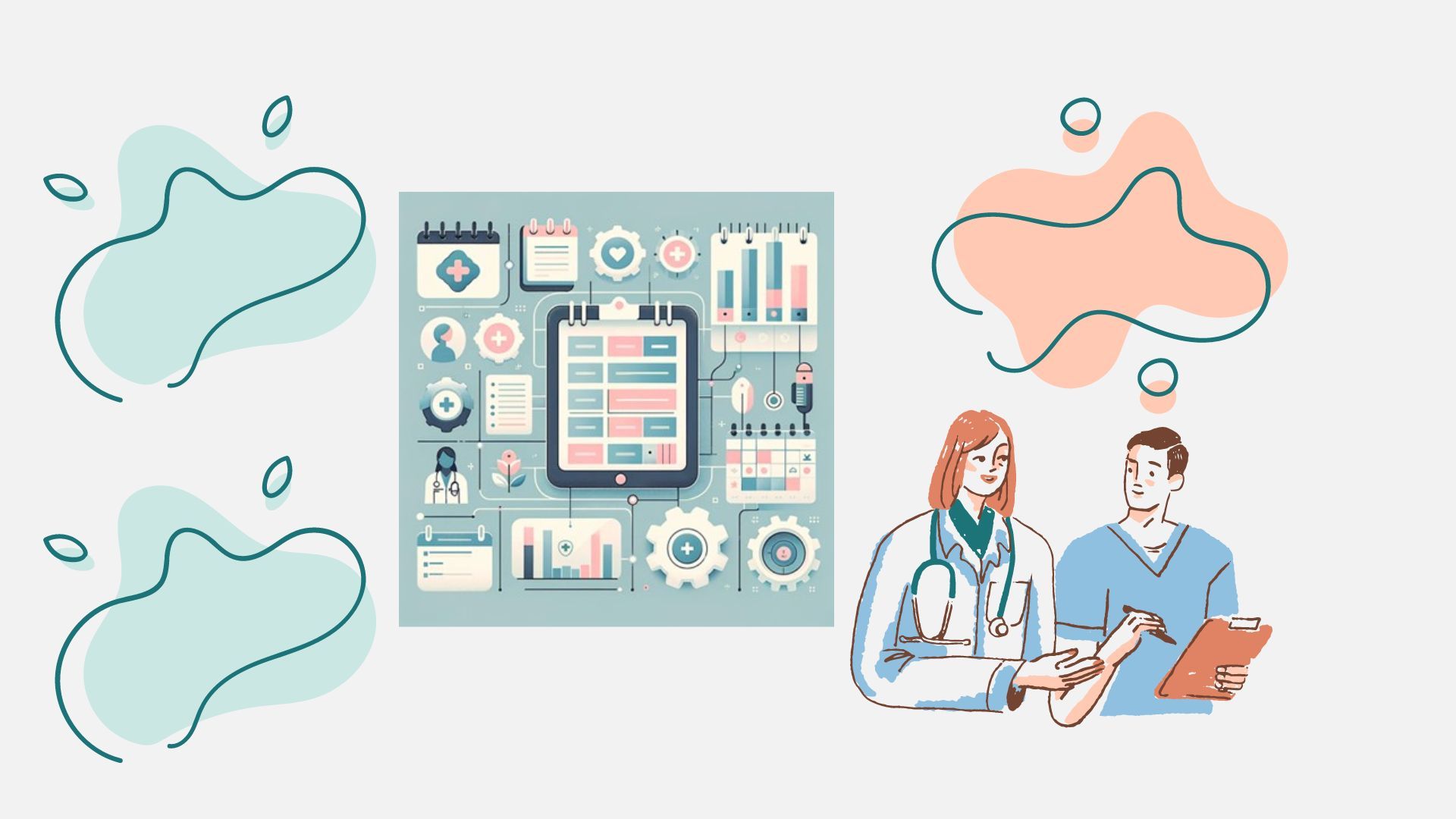
Saitej Makhijani
SaaS Strategy
Author Bio:
Saitej has over 12 years of experience in Project Management. He has worked with J.P. Morgan and Siemens Ltd. and is currently working in the SaaS Industry.
In today's competitive business landscape, maximizing productivity is essential for success. Thankfully, advancements in technology, specifically Generative AI, offer new opportunities to optimize business operations and achieve greater efficiency.
Generative AI refers to a subset of Artificial Intelligence that leverages machine learning algorithms to generate new content, ideas, or solutions. By harnessing the power of Generative AI, businesses can streamline processes, automate tasks, and drive innovation.
This article explores the transformative potential of Generative AI, highlighting key applications and benefits that can significantly boost your business productivity. So, let's dive in and discover how Generative AI can propel your organization to new heights!
1. Understanding the Benefits of Generative AI in Business Operations
Generative AI has the potential to revolutionize business operations, and understanding its benefits is crucial for maximizing productivity. One major advantage of Generative AI is its ability to automate manual and repetitive tasks. By doing so, businesses can save time and resources, enabling employees to focus on more important and creative work. Additionally, Generative AI can generate new and innovative ideas, providing a fresh perspective that can spur growth and drive innovation within an organization. Moreover, this technology can assist in streamlining processes, identifying patterns, and making accurate predictions, which can help businesses make informed decisions and optimize operations. Embracing Generative AI is an investment in the future, ensuring that companies stay ahead of their competition and unlock new possibilities for success. So, let's explore some key applications of Generative AI and see how it can transform your business operations.
2. Leveraging Generative AI to Streamline Workflows and Increase Efficiency
One of the key applications of Generative AI is its ability to streamline workflows and increase overall efficiency within a business. By automating manual tasks, such as data entry or document generation, Generative AI frees up valuable time for employees to focus on more strategic and creative work. This not only improves productivity but also enhances employee satisfaction and reduces the risk of burnout.
Additionally, Generative AI can help identify patterns and trends in large datasets, allowing businesses to make more informed decisions and optimize their operations. By analyzing historical data, Generative AI algorithms can predict future outcomes, enabling businesses to anticipate demand, optimize inventory levels, and make accurate sales forecasts. This level of accuracy and foresight empowers businesses to stay one step ahead of their competition.
In conclusion, the integration of Generative AI into business operations leads to streamlined workflows, increased efficiency, and improved decision-making. By harnessing the power of Generative AI, businesses can unlock a new level of productivity and gain a competitive edge in today's rapidly evolving marketplace. Stay tuned for the next section to explore how Generative AI can enhance customer experiences and drive innovation.
3. Enhancing Decision-Making with the Power of Generative AI Algorithms
Generative AI algorithms have the remarkable ability to analyze vast amounts of data and identify patterns and trends. This not only streamlines decision-making processes but also enables businesses to make more informed and accurate choices. By leveraging the power of Generative AI, businesses can gain valuable insights into customer behavior, market trends, and industry dynamics.
Generative AI algorithms can analyze historical data and predict future outcomes, allowing businesses to anticipate demand, optimize inventory levels, and make accurate sales forecasts. This level of accuracy and foresight empowers businesses to stay one step ahead of their competition and make strategic choices that drive growth and profitability.
Moreover, Generative AI algorithms can help businesses analyze unstructured data, such as customer feedback or social media conversations, to gain a deeper understanding of customer needs and preferences. This information can then be used to tailor marketing campaigns, develop personalized products or services, and strengthen customer relationships.
In conclusion, the integration of Generative AI algorithms into business decision-making processes has the potential to revolutionize the way organizations operate. By harnessing the power of Generative AI, businesses can make data-driven decisions, gain a competitive edge, and achieve long-term success. In the next section, we will delve into how Generative AI can enhance customer experiences and drive innovation in businesses.
4. Embracing Innovation: Exploring Different Applications of Generative AI in Business
In addition to improving decision-making and customer insights, Generative AI opens up new possibilities for business innovation. By embracing this technology, companies can explore various applications such as AI tools for art, AI tools for presentation and AI for workflow management that can transform their operations and drive growth.
One such application is in the field of product development. Generative AI algorithms can generate new and unique product designs based on existing data and trends. This not only saves time and resources but also enables businesses to create innovative products that cater to evolving customer preferences.
Furthermore, Generative AI can also be used to enhance the customer experience. By analyzing vast amounts of customer data, businesses can personalize their offerings, improving customer satisfaction and loyalty. For example, Generative AI can be used to create customized marketing campaigns or recommend personalized product suggestions based on individual preferences and behaviors.
Moreover, Generative AI can be applied in the area of process optimization. It can analyze data and identify inefficiencies or bottlenecks, enabling companies to streamline their operations and improve productivity. By automating repetitive tasks or suggesting optimal workflows, Generative AI can help businesses save time and resources, ultimately boosting efficiency.
In the next section, we will delve deeper into these specific applications of Generative AI and explore how businesses can harness its power to drive innovation and gain a competitive advantage. Stay tuned!
5. Overcoming Challenges in Implementing Generative AI for Maximum Productivity
Implementing Generative AI in business can be a transformative process. However, it is not without its challenges. Companies need to be aware of these challenges and have strategies in place to overcome them to maximize productivity.
One of the main challenges is the availability and quality of data. Generative AI relies on large amounts of data to generate meaningful insights and recommendations. Companies need to ensure that they have access to relevant and high-quality data to train the AI algorithms effectively. This may require investing in data collection and organization processes to ensure that the data is accurate and up to date.
Another challenge is the integration of Generative AI into existing systems and processes. Implementing this technology may require making changes to infrastructure, software, and workflows. It is crucial for businesses to carefully plan and execute these integration processes to minimize disruptions to operations.
Furthermore, there may be resistance from employees who may fear that Generative AI will replace their roles. It is important for businesses to communicate the benefits of this technology and involve employees in the implementation process. Employees can be trained to work alongside Generative AI systems, leveraging its capabilities to enhance their productivity and decision-making.
Lastly, there may be ethical and legal considerations when implementing Generative AI. For example, ensuring data privacy and protection is of utmost importance. Companies need to comply with relevant regulations and guidelines to maintain trust and confidence among their customers.
By proactively addressing these challenges, businesses can successfully implement Generative AI and unlock its full potential for maximum productivity. In the next section, we will explore strategies and best practices for overcoming these challenges and ensuring a seamless adoption of Generative AI in the business environment.
6. Harnessing the Power of Generative AI to Drive Business Success
In conclusion, harnessing the power of Generative AI can drive business success and enhance productivity. While there are challenges to overcome, such as data availability, integration, employee resistance, and ethical considerations, companies can navigate these obstacles by implementing effective strategies.
To address the challenge of data availability and quality, businesses should invest in robust data collection and organization processes. This ensures that the AI algorithms are trained on relevant and accurate data, leading to more meaningful insights and recommendations.
When integrating Generative AI into existing systems and processes, careful planning and execution are essential. By making necessary changes to infrastructure, software, and workflows, companies can minimize disruptions and maximize the benefits of this technology.
Dealing with employee resistance requires effective communication and involvement. By clearly communicating the benefits of Generative AI and involving employees in the implementation process, businesses can alleviate fears and help employees understand how this technology can enhance their productivity and decision-making.
Ethical and legal considerations should also be a top priority. Ensuring data privacy and protection is crucial, and companies must comply with relevant regulations and guidelines to maintain trust with customers.
By addressing these challenges head-on and implementing thoughtful strategies, businesses can fully harness the power of Generative AI to drive success and boost productivity. The possibilities are endless, and companies that embrace this transformative technology will have a competitive edge in today's digital age.













